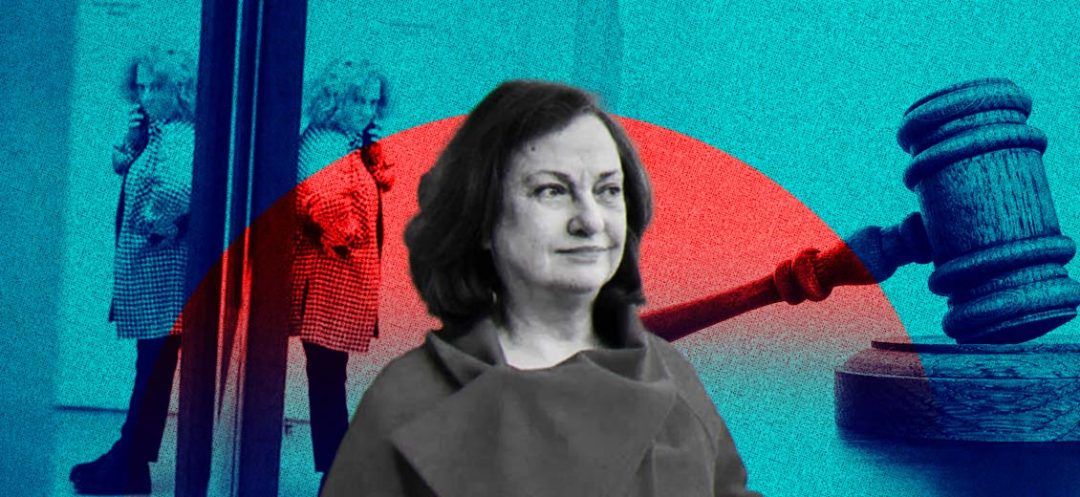
Following the issuance of a circular by the Acting Public Prosecutor at the Court of Cassation, Judge Jamal Hajjar, instructing the judicial police, along with all ministries and public administrations, to disregard the directives of Mount Lebanon Prosecutor at the Court of Appeal, Ghada Aoun has been effectively sidelined from her duties and suspended de facto from her authority.
In response to this action, the Free Patriotic Movement (FPM) and its leader, Gebran Bassil, have escalated their campaign against Judge Hajjar and anyone supporting his efforts to curtail the power of the so-called "mandate judge," a reference to Michel Aoun's presidency, during which Ghada Aoun's authority was expanded. Consequently, this group now faces a scenario where the concerned judge is sidelined, indicating a notable decline in her authority and influence.
Amidst the recent shake-ups in the judicial arena, This Is Beirut has gleaned from legal sources that "those aggrieved by Ghada Aoun's actions in the previous phase are considering taking legal action against her, including judicial proceedings."
In the face of attempts by the FPM and its leader to politicize the judicial ruling that curtailed Judge Aoun's powers, stripping her of the authority she previously used against opponents of former President Michel Aoun and his political allies, a former judicial figure confirmed to This Is Beirut that "the decision by the Acting Public Prosecutor, Judge Jamal Hajjar, represents the minimum action for now."
This source further states, "The circular issued by Hajjar to the security services isn't the sole reason for Judge Aoun's removal from the judicial police apparatus. In fact, she effectively excluded herself from this framework by refusing to comply with the Acting Public Prosecutor's written request to file certain cases. Additionally, she declared her intent to continue with an approach marked by defiance and arrogance."
Moreover, according to the judicial authority, "Article 38 of the Penal Procedure Code explicitly states that all public ministries and the judicial police fall under the authority of the Public Prosecutor, Hajjar, who did not condone the irregularities established by this magistrate in her practices."
The judicial authority further addresses the claims made by MP Bassil regarding Hajjar's alleged removal of Judge Aoun to hinder the Optimum case investigation, stating, "The six files requested by Hajjar from Ghada Aoun to review the legality of her procedures do not include the Optimum case. Rather, these files pertain to lawsuits filed by depositors, with deposits not exceeding one million dollars, through specific attorneys, adversely affecting thousands of depositors and their substantial funds held in banks."
"Furthermore, the Mount Lebanon Prosecutor failed to notify Hajjar of the existence of a file related to Optimum, further substantiating her breach of the law, which mandates her to keep the Public Prosecutor informed of significant cases."
To dispel any doubt, the former judicial authority emphasizes that Hajjar "acted upon the decision of the Higher Judicial Council, which instructed him to take action against Mrs. Aoun, based on dozens of complaints lodged against her."
In response to the skepticism expressed by Judge Aoun and her political allies regarding the appointment of Hajjar as Public Prosecutor, it was pointed out that Hajjar "has been exercising his full authority since assuming office. He regularly convenes meetings with various ministers, including Justice Minister Henri Khoury, who is affiliated with the FPM, as well as with the Higher Judicial Council. Additionally, he engages with senior officials, including those aligned with Judge Aoun's political faction, as she concludes her judicial tenure with rather lackluster outcomes."
Read more



Comments